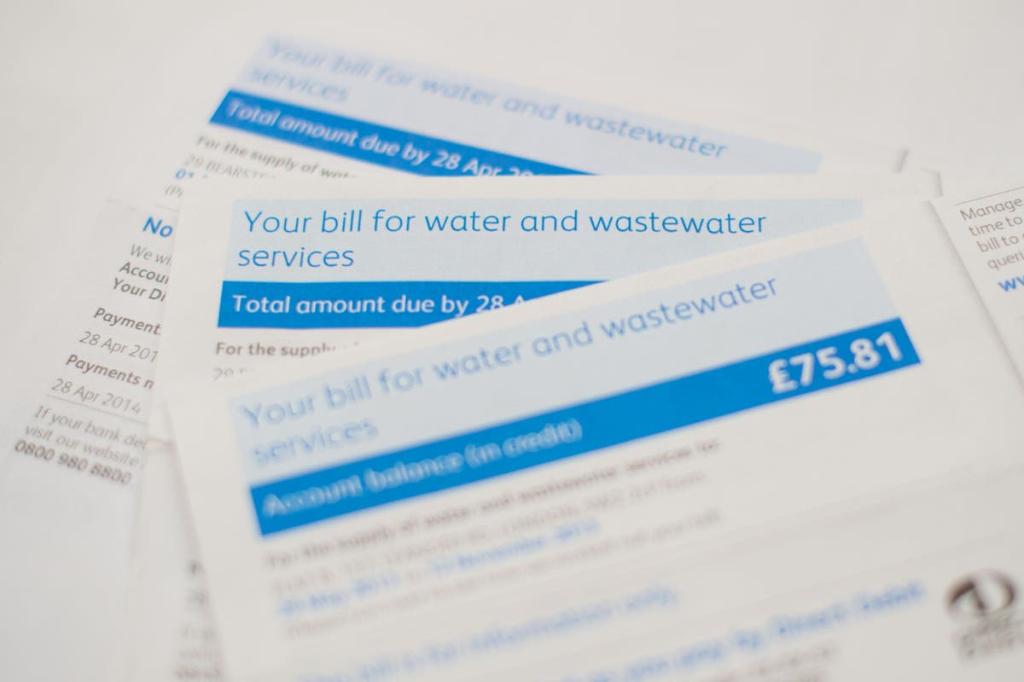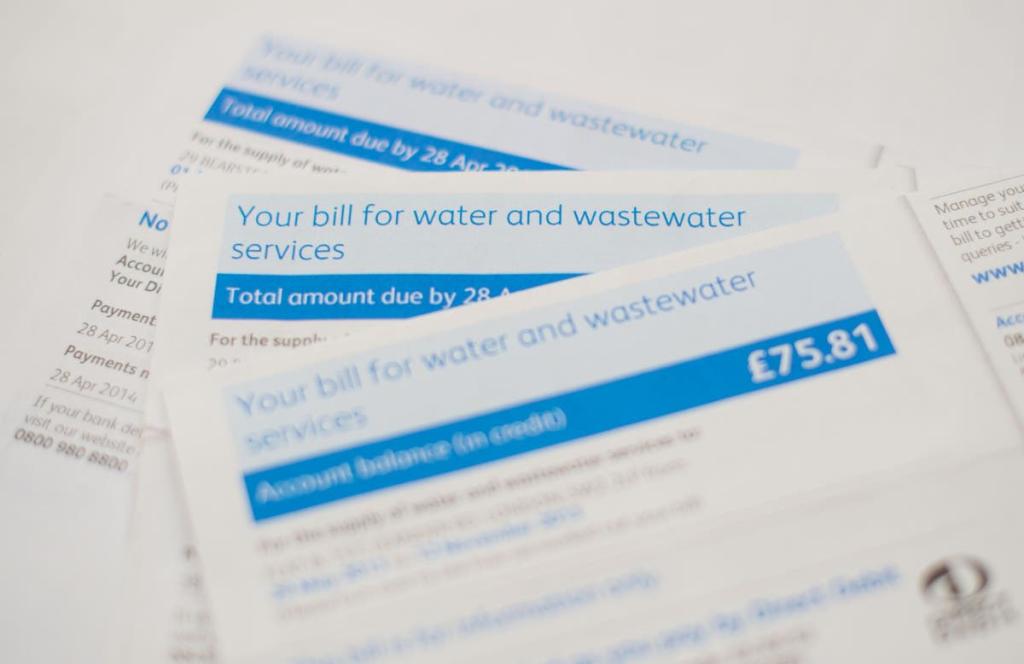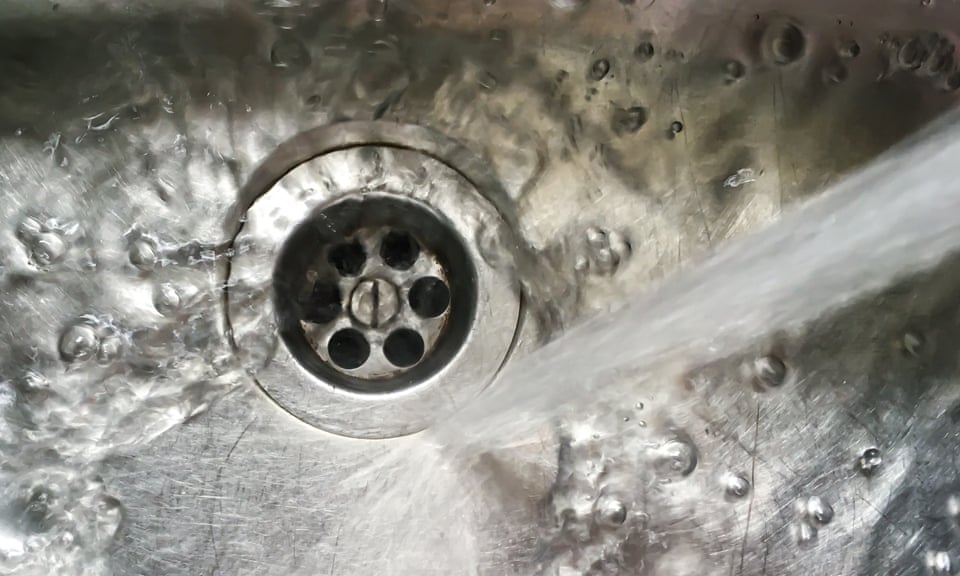Water Bills in England and Wales Set to Rise by 36% by 2030
Water bills in England and Wales are projected to rise by 36% by 2030, prompting concerns about affordability and infrastructure investment.

Key Points
- Water bills in England and Wales are set to increase by 36% by 2030 to fund a £104 billion infrastructure investment.
- Consumer advocates warn that these increases may strain household budgets, with many families struggling to afford the higher costs.
- Ofwat is committed to monitoring water companies' performance and ensuring that investments lead to improved services and environmental protection.
In recent months, the conversation around water bills in England and Wales has intensified, particularly as the regulator Ofwat announces significant increases designed to fund critical investments in the water infrastructure. Households will face an average increase of £31 per year starting from 2024, totaling a staggering rise of 36% over the next five years. The rationale behind these increases raises fundamental questions about the future of our water systems and the impact on consumers, especially in times of economic uncertainty.
The Challenge Ahead
The water sector is confronting a “twin crisis” of pollution and shortages, necessitating urgent upgrades to aging infrastructure. The £104 billion investment will address systemic issues such as leaky pipes and sewage discharge into rivers and seas, a problem that has plagued the industry for years. Ofwat's chief executive, David Black, emphasizes that this is a pivotal moment for the sector, stating, “Water companies now need to rise to this challenge”. The substantial investments are expected to yield lasting improvements for both customers and the environment.

The Specifics of the Bill Increases
As outlined by Ofwat, households are set to see their average bill rise by £157 to reach approximately £597 by the fiscal year 2029/30. This comes on the heels of rising inflation, adding to the financial strain on many families. While the average increase is £31 a year, some companies will see significantly higher hikes based on their infrastructure needs. For instance, customers of
and
will face increases of 53% and 47%, respectively.
Consumer Reactions and Concerns
This drastic rise has evoked concern from various consumer advocates and political figures, who argue that many households may struggle to afford these adjustments. Mike Keil, the chief executive of the
, notes that “at least two in five households will find these future bill rises difficult to afford”. The discourse around affordability highlights the pressing need for enhanced support structures for vulnerable consumers, such as more robust social tariffs that ensure financial support is accessible to those in need.

Regulatory Oversight and Future Directions
Regulators like Ofwat are acutely aware of the challenges and have pledged to hold water companies accountable for improvements. In their efforts to monitor these changes, Ofwat has reduced unnecessary costs by £8 billion and implemented a strategy for a fair return on investment, which has saved consumers an additional £2.8 billion. The regulator's ongoing scrutiny is crucial as it seeks to assure current and prospective customers about the integrity of their investments.
Looking Ahead
As we venture into this new chapter, the focus should not only be on the immediate costs but also on the long-term benefits that these investments could yield. The objective is to create a resilient water system capable of facing climate challenges while ensuring cleaner rivers and seas for future generations. With the government’s involvement and the collective efforts of water companies, a balanced approach can be adopted to address both infrastructure needs and consumer affordability.

In summary, the planned increases to water bills represent both a challenge and an opportunity. While the financial implications for households are significant, the potential for improved services and infrastructure lays the groundwork for a more sustainable water future. As we navigate this period of transition, it is essential for consumers, regulators, and companies to work collaboratively to ensure that the public's trust is upheld, and the benefits of these investments are felt across the board. With a focus on transparency and support for vulnerable households, we can pave the way for a water sector that rises to the challenges of the future.


